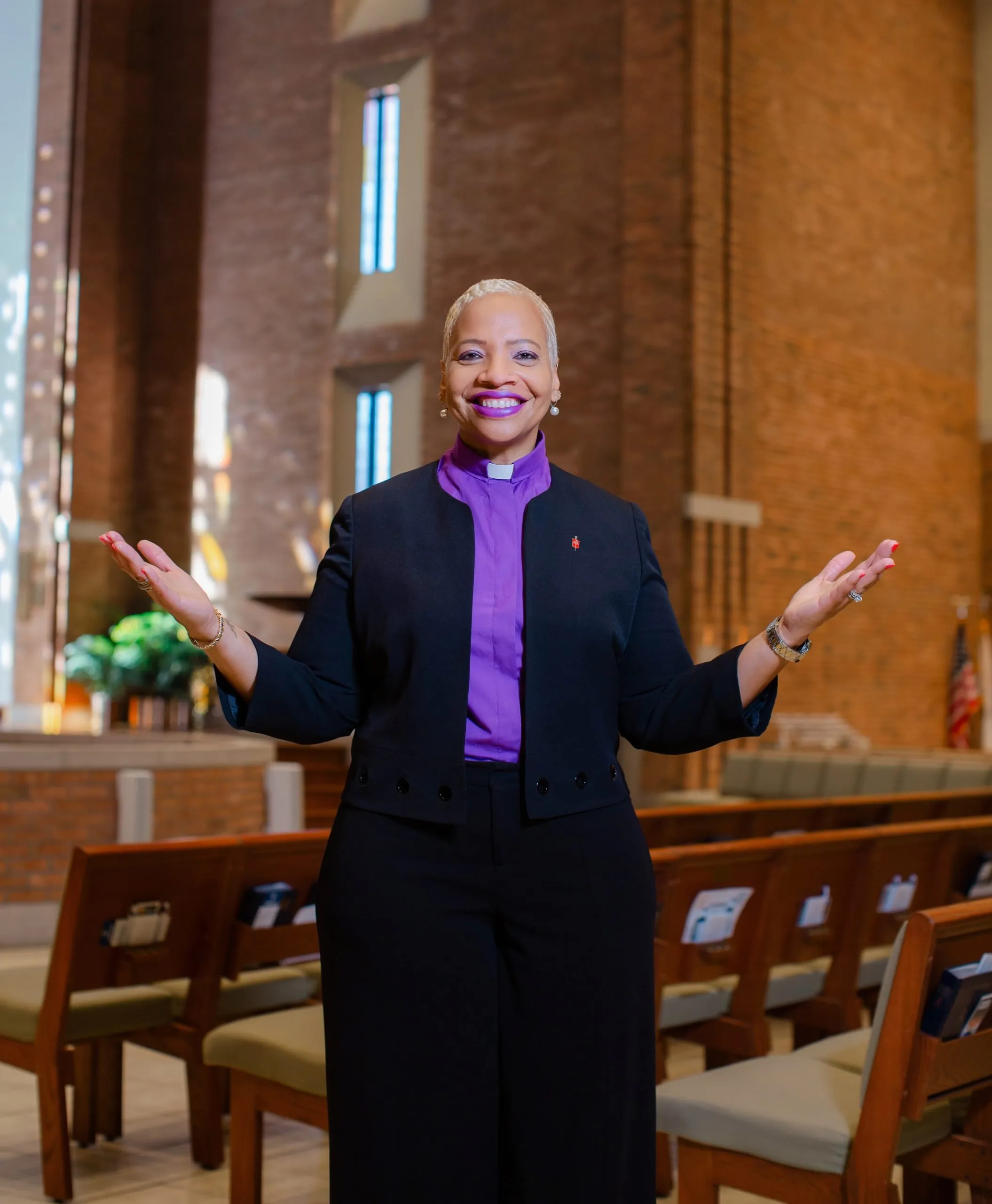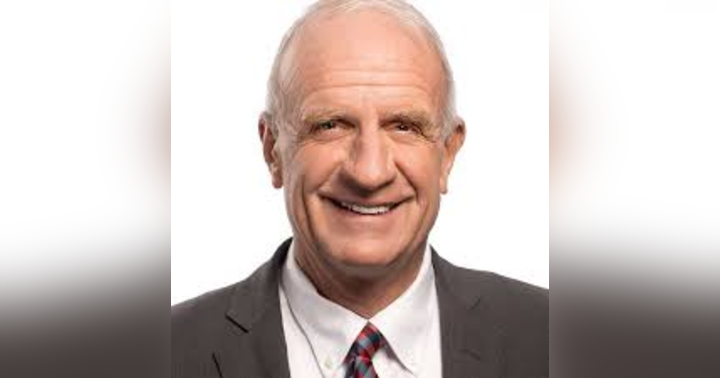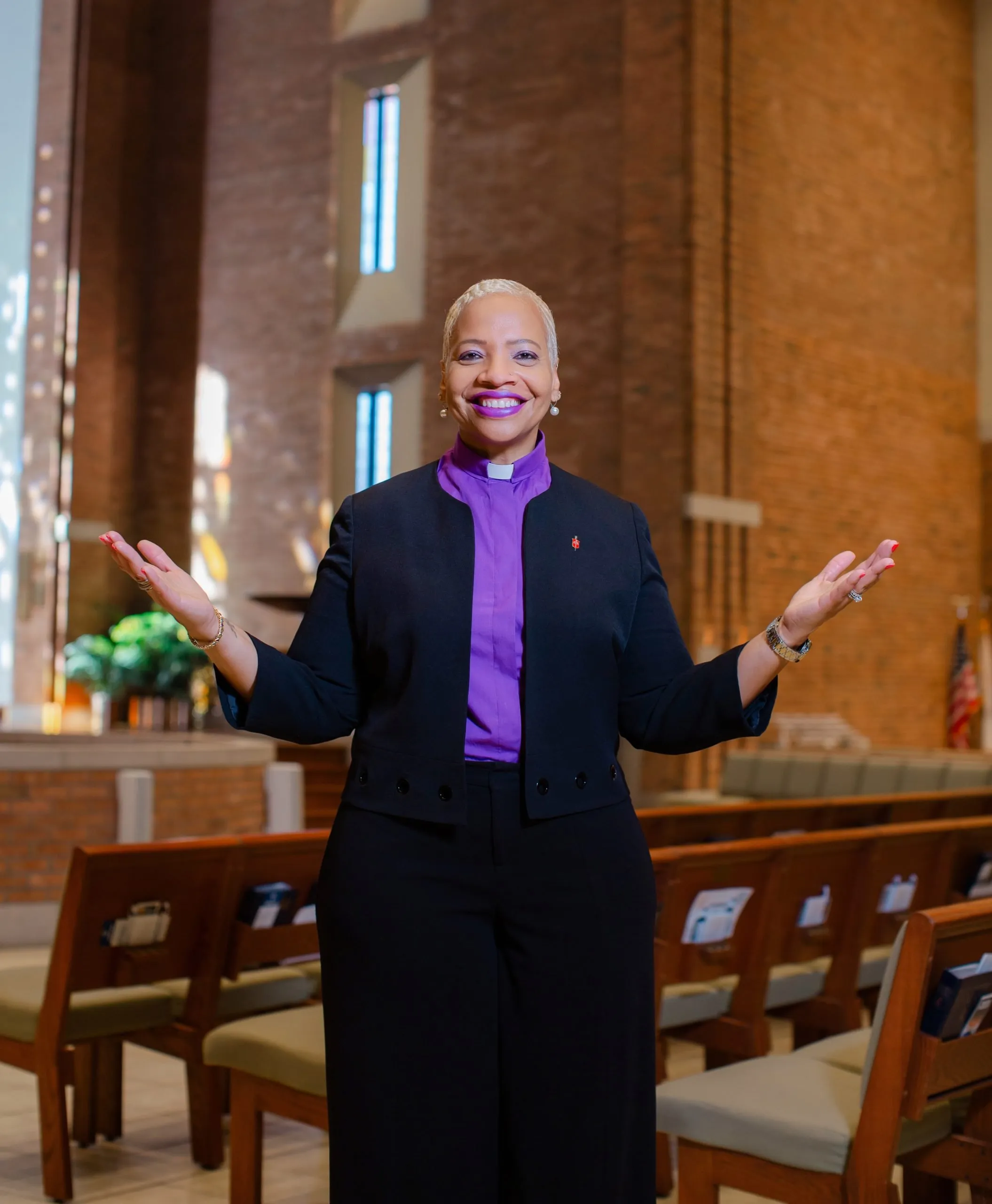Bishop Tracy Smith Malone’s Global Vision

A Milestone Episode: Bishop Tracy Smith Malone’s Global Vision on “To Be and Do” Podcast
This latest episode of To Be and Do is a heartfelt journey through the life and ministry of Bishop Tracy Smith Malone, the first female Episcopal leader in Indiana’s United Methodist Church. Hosted by long-time friend Philip Amerson, the conversation is more than a personal catch-up—it’s a rich exploration of faith, global mission, and leadership in a changing church.
Bishop Malone shares her roots as a lifelong United Methodist, describing her upbringing as a preacher’s kid (“PK”) in a large church-going family. Married for 32 years with two daughters who are also engaged in church life, her personal story is woven throughout the discussion, offering warmth and authenticity. But it’s her global perspective that truly shines in this episode. Here are three key takeaways that capture the spirit of the conversation:
1. The Global Reach and Vibrancy of The United Methodist Church
Bishop Malone passionately describes the United Methodist Church as a “global enterprise,” one that spans continents—Africa, Europe, Latin America, the Caribbean, the Philippines, and Korea. Her frequent travels as the President of the Council of Bishops give her a front-row seat to the vibrancy and growth of the church, especially in Africa, where both spiritual fervor and rapid expansion are evident. She shares stories of communities marked by deep discipleship, persistent prayer, and contagious worship, often under challenging circumstances.
“I would say that the African church teaches us—and when I say us, particularly us Americans—what it means to fully depend on God’s grace and God’s power,” she says. This global witness challenges and inspires leaders back in the U.S. to deepen their own sense of mission and community.
2. Shifting from Mission Objects to Ministry Subjects
A recurring theme in the episode is the importance of moving beyond a paternalistic approach to mission. Host Phil Amerson highlights how, historically, Western churches often saw international churches as recipients, rather than as vibrant leaders and partners in ministry. Bishop Malone wholeheartedly agrees, emphasizing that churches around the world are “the subject of ministry and not the objects of our mission.” This shift requires humility—what Amerson calls “guest-ability”—the ability to receive, to listen, and to learn from the faith and resilience of others.
It’s a call to mutual respect and reciprocity that redefines what it means to do mission work in a truly global church.
3. Diversity and Inclusion Within Leadership
Both speakers note the significance of Bishop Malone’s role as a “first” and celebrate recent milestones, including the election of the first female African bishop in the Congo. Malone recounts the enthusiastic response she’s received, especially from young women in Indiana who see her presence as a sign of progress. The episode also highlights an increasing number of international United Methodist clergy serving in Indiana, whose energy and experience are infusing the conference with “a fresh expression of vitality.”
Final Reflection
This episode of To Be and Do is both inspiring and thought-provoking. Bishop Malone’s stories from around the world remind us that the church is not merely surviving, but thriving—in spirit, diversity, and mission. Whether you’re part of the United Methodist tradition or simply interested in global Christian movements, this conversation offers hope, perspective, and a challenge to embrace both “being” and “doing” in your own community.








